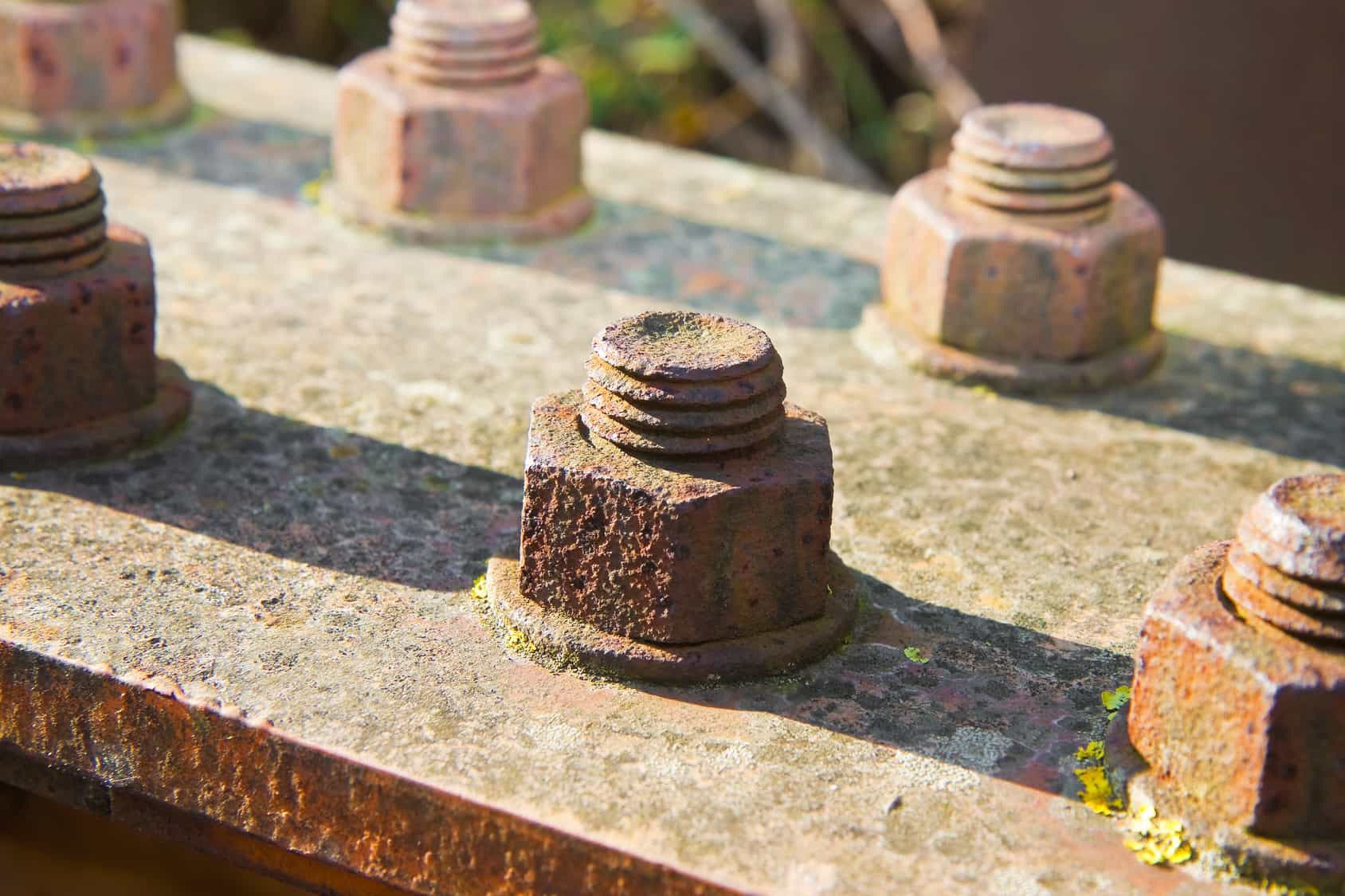Metal corrosion is costly with a global price of $2.5 trillion annually.
You know spending even a dime on replacing materials can cost thousands in the ong run. Why spend that kind of money when there are other preventative measures you can take?
You’ll no longer have to worry about your metal supplies falling victim to rust and corrosion. Convinced?
Read on to learn about the different (and effective) ways to prevent metal from corroding. Let’s get into it!
Choose Corrosion-Resistant Metals
Metals like aluminum, zinc and stainless steel are great alternatives. These metals have qualities that allow them to stall the oxidization course.
Aluminum, for example, is protected by a layer of aluminum oxide. That protective layer is what prevents moist air from coming into contact with the metal below it.
Exposure to the elements will eventually penetrate the layer if not taken care of. This leads on to our next topic.
Protect From The Environment
Rust is when metal comes into contact with air and water. When there’s moisture in the air, it speeds up the rusting process.
Keeping supplies outside may seem like a good idea at first. But its convenience comes at a price. Not storing materials inside containers makes them susceptible to metal corrosion.
If there’s rain in the forecast, place tents over the materials or cover with tarps. The more preventative measures taken, the less metal corrosion will occur.
Prevent Metal Corrosion With a Polymer Topcoat
Our polymer topcoat is a fluorocarbon thermoplastic resin which provides a durable seal. When exposed to other oxidizing causes, its resistance is at an all-time high.
Metal treated with a polymer coating is temperature-resistant up to 535 degrees Fahrenheit. This treatment is ideal if you’re looking for a long-lasting solution.
The amount of money spent on a polymer topcoat is less expensive compared to replacing rusted materials. Replacing metal can cost thousands while a coating is in the low hundreds.
Clean The Surface Regularly
To prevent rust from penetrating metal, it’s best to clean it regularly. This prevents the buildup of rainwater or dirt which can be abrasive.
Before treating the metal with paint, you’ll want to wash it down with a degreaser or to sand it to a smooth finish. When done consistently, it keeps the metal clean and chance of metal corrosion to a minimum.
Anodic Protection
This process is treated the same way as a polymer coating except it uses another metal as the protectant, such as tin. Tin, like aluminum, doesn’t cause corrosion.
Anodic protection lasts as long as the outside metal does. Tin can be bonded onto the surface or transformed into a coating.
Wrapping Up
When metal corrodes, it can end up costing hundreds of thousands of dollars. Instead of taking that hit, it’s best to know what precautions to take to preserve the life of them.
If you don’t know where to turn, turn to us, the experts! We have a variety of coatings and treatment processes that’ll get you what you need. There’s everything from Dupont Teflon coatings to dry film lubricants.
Ready to get started? Contact us today!

